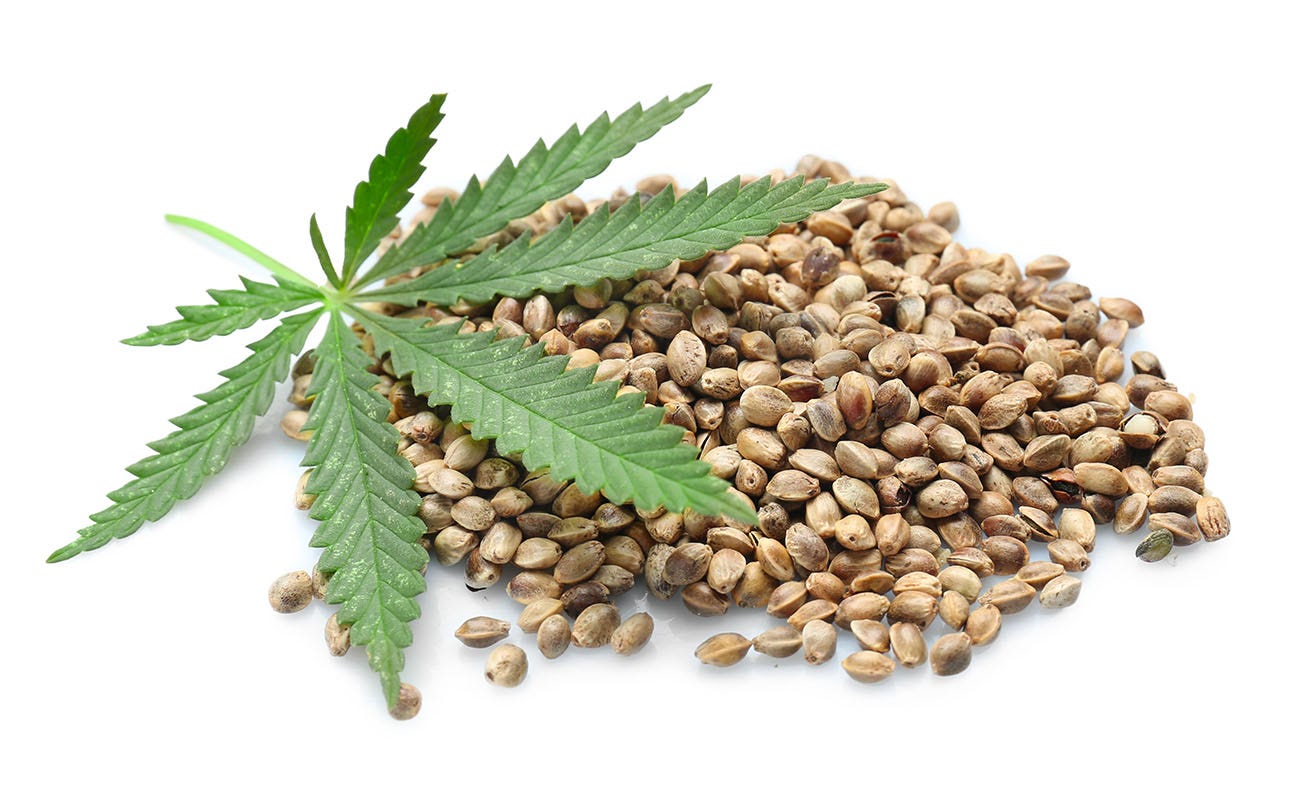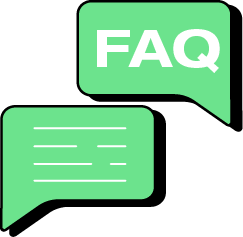
What is THC-O & How Is It Different From THC?
There are a lot of products on the market today, and there are new ones coming out every year. One of the products we’ve seen get a popularity boost is THC-O. In this guide, we’re going to give you all the details you need to know about this synthetic cannabinoid, including:
- What is THC-O?
- What are the Possible Effects of THC-O?
- Is THC-O Legal?
- THC-O vs Delta-8 THC: What’s the Difference?
- THC-O vs Delta-9 THC: What’s the Difference?
- FAQs About THC-O
What is THC-O?
Tetrahydrocannabinol-O-acetate, also known as THC-O or THCO-acetate is a controversial cannabinoid that has gained some attention in recent years. This compound does not occur naturally in the cannabis plant. Rather, it is created in a lab as a result of a chemical reaction when THC is mixed with an acetyl group. The result is a manmade cannabinoid that can be up to three-times stronger than THC.1


What are the Possible Effects of THC-O?
Since THC-O does not exist in the cannabis plant, products containing this synthetic compound will need to be ingested and make its way through the digestive system. However, when THC-O is broken down by your liver and metabolized, it becomes an incredibly strong dose of Delta-9 THC.2 So what does this mean? It means that you will feel a much stronger high with THC-O than you may with a Delta-9 THC product.3
It also means that that process takes longer than your Delta-9 products that do not require a stop in the liver before you start feeling their effects.2 Because of this, you should give yourself as long as you would an edible to start feeling THC-O effects and resist any urge you might have to double up on your dose because you don’t feel anything right away.3
You may also hear that THC-O has a psychedelic effect to it, similar to psilocybin.4 This has been proven false through a study done at the University of Buffalo. Researchers noted that 79% of the study’s participants reported no or very little effects that could be described as psychedelic.5
Is THC-O Legal?
THC-O’s legality status is complicated.6 Technically speaking, the compound used to make THC-O can be harvested from hemp, and hemp, in most states, is legalized under the 2018 Farm Bill.7 That said, the US Drug Enforcement Administration (DEA), has been keeping a close eye on this synthetic form of THC, and they aren’t happy. In fact, they’ve warned that the fact that THC-O is manmade means that it is not covered under that bill and, therefore, illegal.6
THC-O vs Delta-8 THC: What’s the Difference?
Both THC-O and Delta-8 are products created from the hemp plant. While Delta-8 does occur naturally, it’s usually not at a high enough dose, so manufacturers will create Delta-8 from other compounds in hemp. THC-O, on the other hand, does not occur naturally in any form within the hemp plant, so it must be created in a lab.8
The other difference between THC-O and Delta-8 THC is potency. Delta-8 can create a psychoactive effect that you would expect from cannabis, but it’s typically more mild than its cousin cannabinoid. THC-O, however, is much more potent than Delta-8, and because it has to be metabolized by the liver before you can feel its effects, it has a longer ramp up time.8
THC-O vs Delta-9 THC: What’s the Difference?
The biggest difference between THC-O and Delta-9 THC is that THC-O is synthetic, or manmade, and Delta-9 occurs naturally in the marijuana plant.1 (THC occurs when THCA is decarboxylated.) Once your body processes THC-O in the liver, it turns it into a potent dose of Delta-9. This means you’ll want to give THC-O time to work compared to your normal Delta-9 products.


FAQs about THC-O
Anytime you put “THC” in the name of a product, people get curious and ask a lot of questions. Here are a few answers you might be looking for:
Can I make THC-O at home?
No. Because the process to make THC-O requires professional equipment and industrial chemicals, you should never try to make THC-O at home.
Is THC-O the same as Delta-8?
No. Delta-8 is a naturally occurring cannabinoid in marijuana. THC-O is a much stronger man-made form of THC.8
Is THC-O strong?
Yes. THC-O is roughly three times stronger than the THC we know and love, Delta-9 THC.1


More About THC-O
If you’re interested in experiencing THC-O, we recommend you only purchase it from a licensed dispensary. That way, you know you’re getting a high-quality, and most importantly, safe product. Talk to your budtender the next time you visit to see the THC-O products in stock.
Sources:
1. “THC-O: Uses, Legality & Side Effects,” MarijuanaBreak, July 3, 2025, https://marijuanabreak.com/cannabis/science/thc-o/
2. “THC-O: Everything you need to know,” Weedmaps, https://weedmaps.com/learn/products-and-how-to-consume/what-is-thco
3. “THC-O Acetate Q&A with Dr. Ethan Russo: ‘Don’t Go There,’ Cannabis Business Times, August 3, 2021, https://www.cannabisbusinesstimes.com/interviews-opinion/news/15693754/thc-o-acetate-qa-with-dr-ethan-russo-dont-go-there
4. “Study: Most Users Experience Little to No Psychedelic Effects from THC-O-Acetate,” High Times, July 17, 2023, https://hightimes.com/study/study-most-users-experience-little-to-no-psychedelic-effects-from-thc-o-acetate/
5. “THC-O-Acetate: Scarce Evidence for a Psychedelic Cannabinoid,” Journal of Psychoactive Drugs, March 11, 2023, https://www.tandfonline.com/doi/abs/10.1080/02791072.2023.2230573
6. “What is THC-O? Similar to Delta-8, it's making waves in the cannabis market,” USA Today, June 2, 2023, https://www.usatoday.com/story/news/health/2023/06/02/what-is-thco/70252031007/
7. “Hemp Production and the 2018 Farm Bill,” U.S. Food & Drug Administration, https://www.fda.gov/news-events/congressional-testimony/hemp-production-and-2018-farm-bill-07252019
8. “THC-O vs Delta-8 THC: What’s the Difference?,” Leafwell, May 23, 2025, https://leafwell.com/blog/thc-o-vs-delta-8


